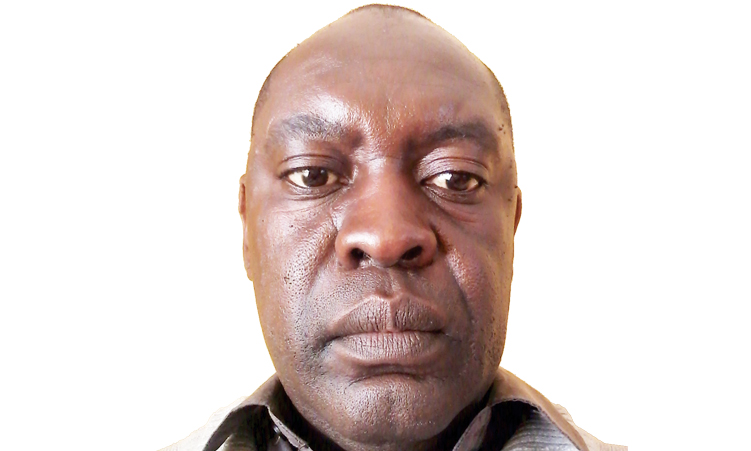In the context of green hydrogen and oil and gas politics, many resort to blaming the Namibian government for being excluded from potential opportunities.
There are merits and demerits to these assertions. And where merits and demerits clash, common ground has to be found.
Therefore, it is important to treat concerns about empowerment objectively – not through opportunistic hidden victim and blame game agendas – because we, as a nation, have much to learn from playing the victim and blame cards.
People also need to start asking themselves what they can do for Namibia and not just what Namibia can do for them.
That being said, when it comes to redistribution policies as a means of empowerment, there should be inclusive criteria buttressed by bringing something to the table.
This can be business or project ideas, resources, skills, labour or qualifications.
SCRAP SECTARIANISM
Tribalism, racism, victimhood and the blame game won’t fix problems. Purpose, vision, inspiration, motivation and values will.
People must take personal responsibility and strive to be goal and result oriented and come up with inclusive alternatives on how to assist the vulnerable.
Political leadership should not be opportunistic and should avoid promoting tribal and self-entitlement sectarian agendas.
Their role should be to provide checks and balances to ensure that corrective measures are instituted where inclusivity and empowerment have been neglected.
They should ensure that everyone is empowered – regardless of class, ethnicity, tribe, age, race and religion – to benefit from the Namibian pie. Where imbalances exist, they should be redressed procedurally through principles, systems, institutions, processes and procedures.
Namibians should exercise balance and be wary of fake news and tribal and racial alarmist hysteria which scapegoat others because of a lack of personal responsibility, aggravated by an appetite to access resources.
CRITERIA AND STANDARDS
Criteria for empowerment remain relevant and must be in step with national needs.
Empowerment criteria should not be an avenue to bridge the gap between the haves and the have-nots.
To make a difference, empowerment must be assessed on whether it objectively achieves the national vision.
The aim should never be to promote mediocre standards. Standards have to be upheld.
Everyone should play a role through personal responsibility and goal and result orientation to facilitate empowering all Namibians.
There is a perception that some people benefit at the expense of others or because of their proximity to power.
This is also true. The adage that no one should feel left out has been violated.
Material greed and self-interest are why some people have made themselves invisible.
Society is also to blame. There are those who have, through blind loyalty, endorsed corrupt figures at times.
Corruption, mediocrity and a lack of personal responsibility and ethical values are suicidal.
People need to support visionary leadership, not self-serving, entitled leaders.
Politics is not a self-enrichment project, it is about servant leadership and promoting the broad empowerment of the people.
It requires deliberate initiatives that provide access to education, health, land, water, electricity and infrastructure.
As a result of apathy and a lack of personal responsibility, there are those who have given up on politics.
ONE FOR ALL AND ALL FOR ONE
Politics is also about having the right officials in the right positions based on their vision, values, purpose and expertise.
A lack of personal responsibility and resorting to rebel culture and opportunism is not the answer.
We are responsible for crafting our future.
We can do so by holding our leaders accountable, removable through internal and external leadership and management appraisal systems.
We must advocate that everyone should, irrespective of their background, benefits from green hydrogen and oil and gas discoveries.
As a nation, we must ensure that transparency, accountability, the rule of law, social justice, unity, personal responsibility and a commitment to shared values remain the focus of realising empowerment.
- * Ben Uugwanga is the founder/manager of Capstone Consultancy based at Walvis Bay. He is also a community activist.
Stay informed with The Namibian – your source for credible journalism. Get in-depth reporting and opinions for
only N$85 a month. Invest in journalism, invest in democracy –
Subscribe Now!






